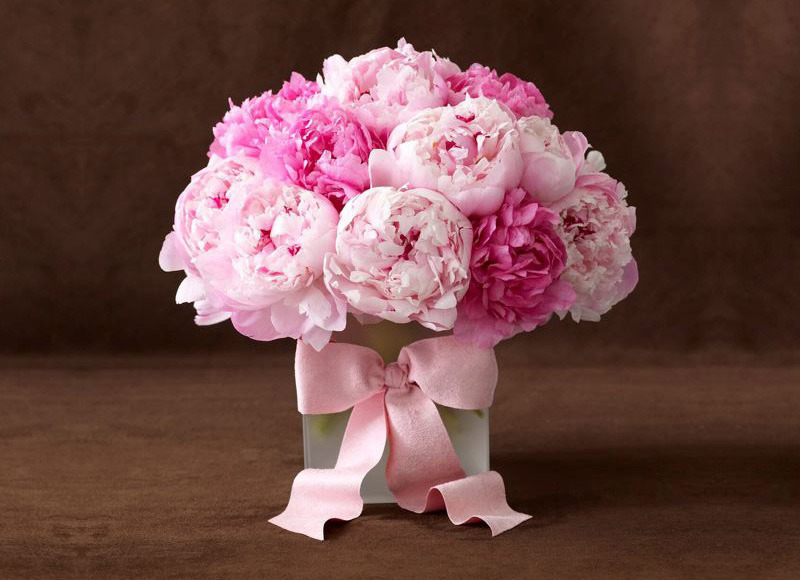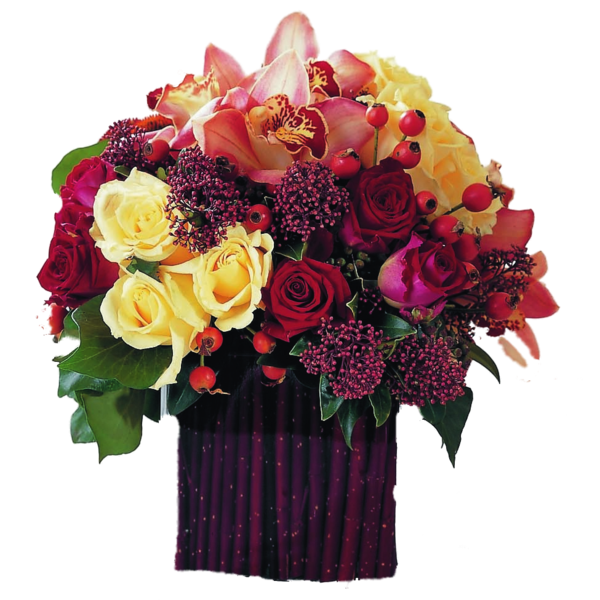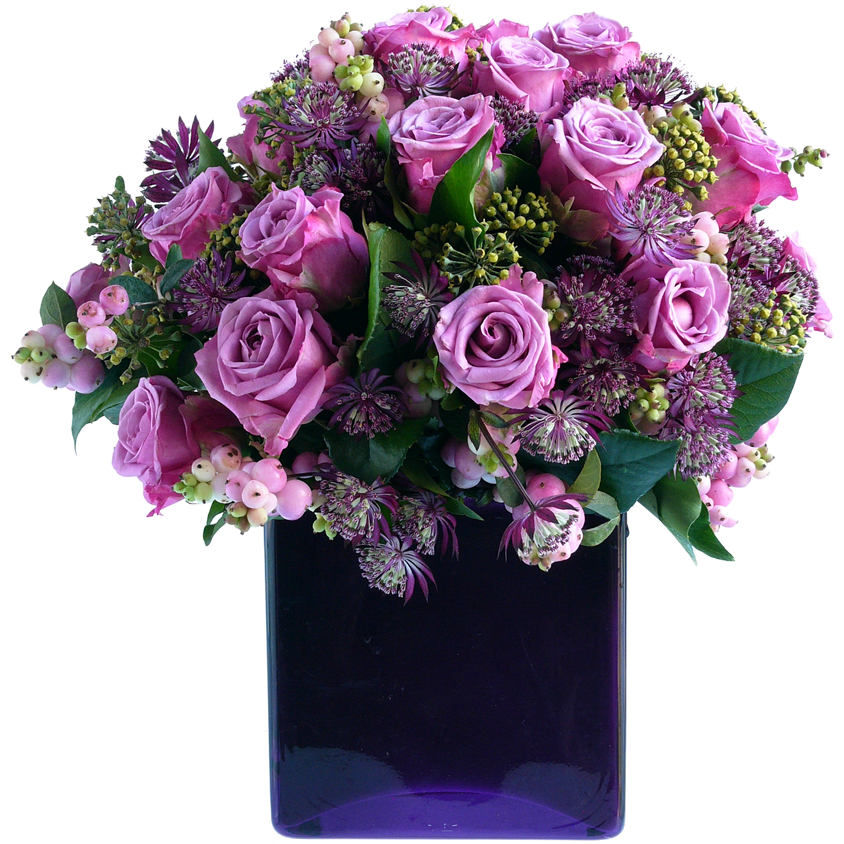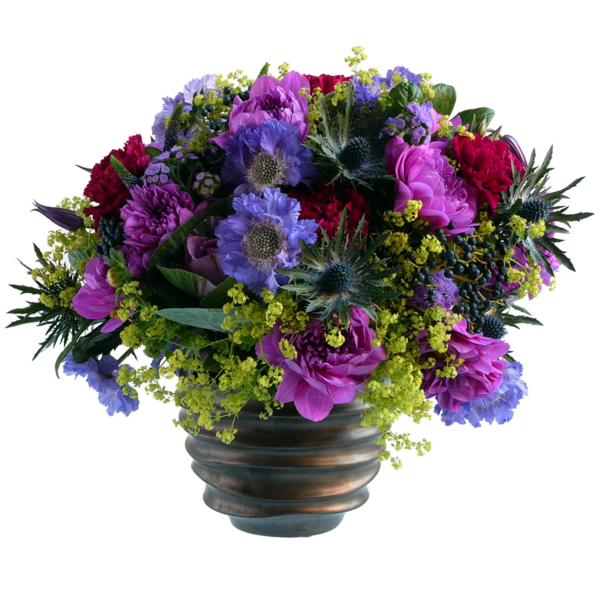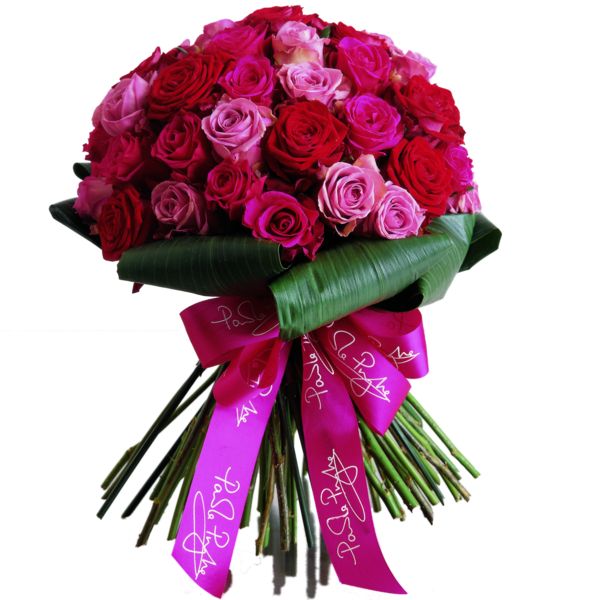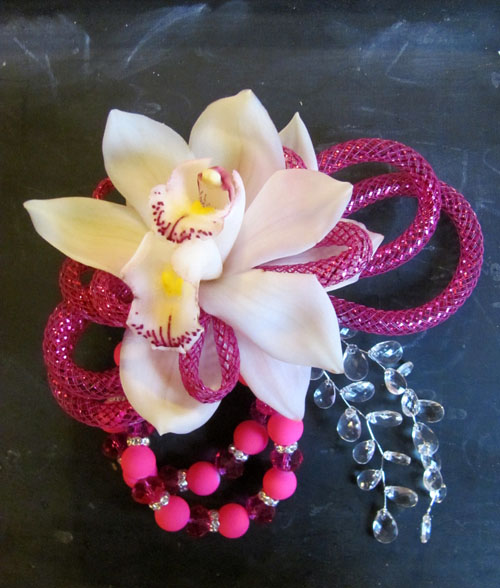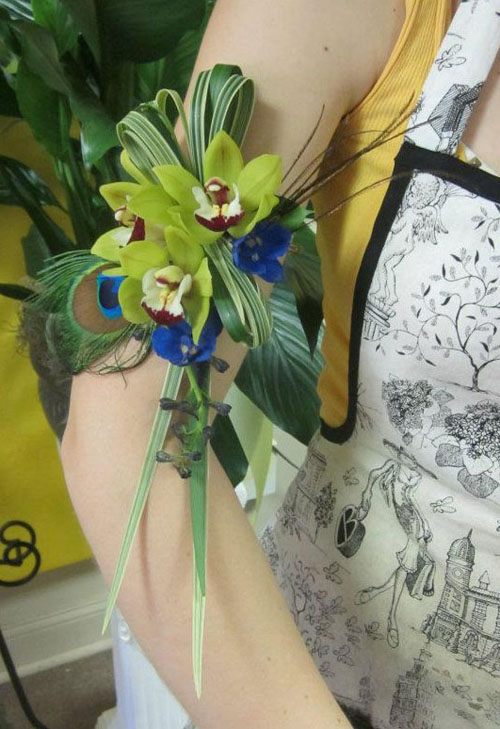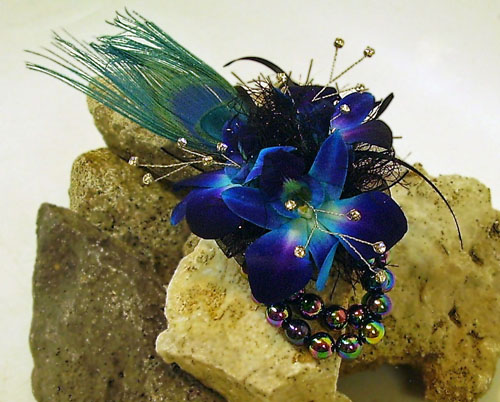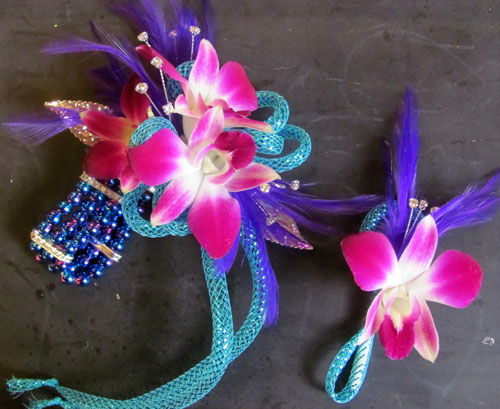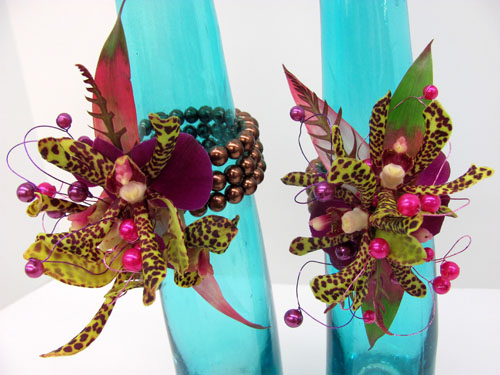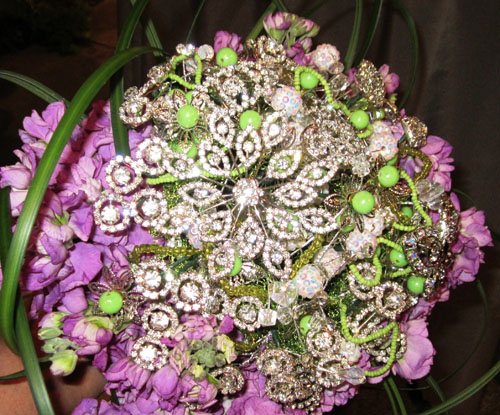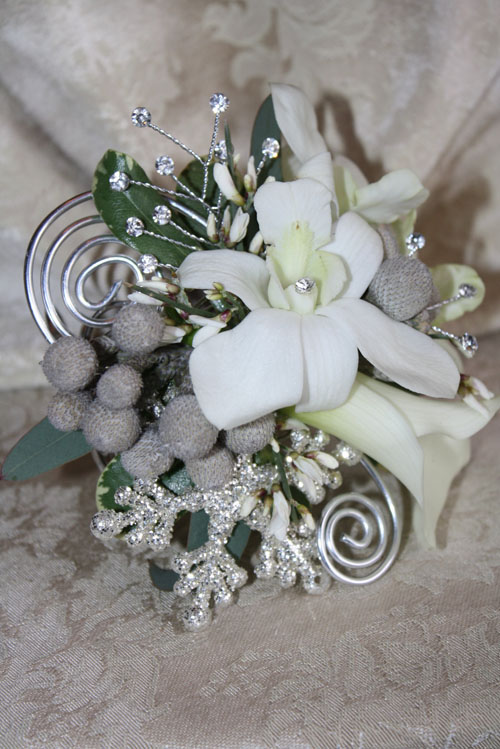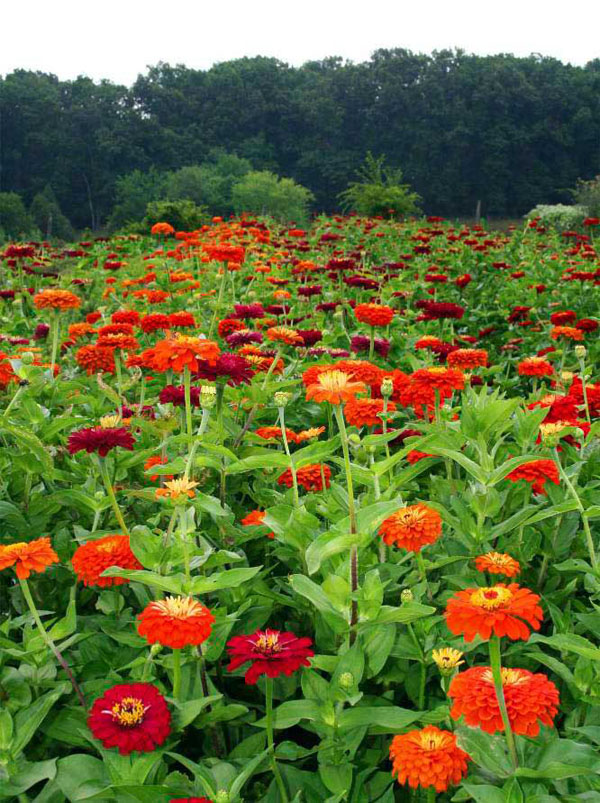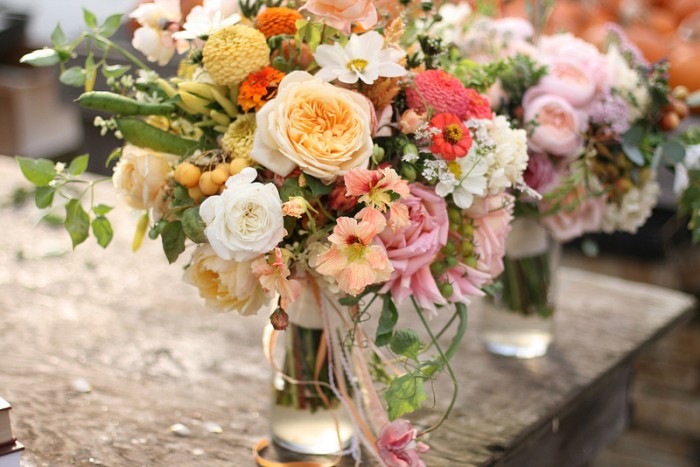Last year we grew more flowers and reached out to more designers than ever with great success. Finding the right grower, or growers, that work with you, grow for you, anticipate your needs, and consistently meet or exceed your expectations can be as challenging as finding a designer who values your product, delights in the unusual and understands and is comfortable with the uncertainty of Mother Nature. Time to nurture,
trust, and clear communication are key to the incredible, fulfilling collaborations waiting to made. If youʼve never reached out it can be a little daunting. Whatever your reasons, an individual grower may choose to sell wholesale – they are not, however, wholesalers, in our opinion, and hereʼs why…
WHO are they?
Smaller growers are not that unlike designers in that they are, with few exceptions, flower addicts who are motivated to create, raise, and nurture beauty in this increasingly visually stimulating world. They also have LAND and generally a desire to responsibly use and/or preserve it.
Flower farming is high-density farming, a single acre can grow a lot of flowers thus smaller growers often “grow where they live.”
![Diane from JelloMold Farm]()
our dear friend and colleague Diane from JelloMold Farm in Washington is an expert grower of
flowers, teacher of growers and creator of cooperatives (SWGMC in Seattle, WA), photographed by
David Perry for ʻ50 Mile Bouquet,ʼ by Debra Prinzing
WHERE are they?
Smaller growers are everywhere, thriving as much in rural areas as they are in suburbs, even inner cities. Most sell independently while some, where the interest in supporting locally grown is strong, have formed thriving cooperatives such as Seattle Wholesale Growers Market Cooperative. LynnVale Farm has been farmed actively by our family for eight generations and is located only 30 miles west of downtown DC. What used to be rural countryside is now brimming with houses, people and big box development. Our local community often patronizes our
business specifically to support our efforts to keep our farmland open and productive. As we are so close to the city we occasionally have designers come and “cut their own” for special events, unfortunately, we (and they) also have to deal with DC traffic. Plan your designer visit for early in the week and plan to stay awhile – itʼs pretty typical for most designers to get lost in our fields for
at least an hour, or two, or….
![LynnVale Farm]()
LynnVale Farm, nestled amidst 100 acres of family-owned land is a floral designers paradise at peak
season.
WHAT do they grow?
Smaller growers tend to start raising what grows well in their area. For us here in Virginia, heat and humidity-loving zinnias and celosia are easy to grow and market. As their businesses and markets grow so too their growing season. What they grow reflects the dominant markets they
sell to – retail to public? retail florists? wedding designers? wholesalers? Building a strong flower farm is like building a sound house, a strong foundation in long-term crops, for us, hydrangeas and peonies, balanced with perennials and annuals.
Every year this relationship gets evaluated on our farm. This past year we stopped forcing lilies to bloom all season long for our retail markets and instead focused on annuals that would add texture to any event designers palette. Our sales to designers skyrocketed and to our surprise we sold more lilies during their natural blooming season than ever, turned out our retail customers love the excitement of “whatʼs blooming next” as much as we do.
![Salvia “Wendyʼs Wish,”]()
Delicate bracts of our Salvia “Wendyʼs Wish,” proved a favorite of designer Ellen Frost from Local Color
Flowers in Baltimore, Ellen sources all of her product from local farms so sheʼs especially interested in
anything new we have to offer, photo by Local Color Flowers
WHEN to contact them?
In the off-season, contact growers as early as possible, many ordering, growing and marketing decisions are made then. At LynnVale we order tulip bulbs in July, ranunculus in April, etc.
During the growing season, as much advance notice as possible and the earlier in the week the better. Our biggest challenge is breaking the “wholesaler habit,” i.e. designers call us at 7am, they need it on their doorstep by 1pm, and we are knee-deep in mud, literally. For some clients we created the LynnVale Designer CSA program where we work together to set a weekly budget,
listen attentively to our clients needs and style, and we arrive each week with a balanced assortment of “our seasonal best” from LynnVale Farm.
![farm fresh flowers Virginia]()
an impromptu visit to Holly Chapple led to her lovely bouquet below featuring our oregano,
viburnum berries, lysmachia, and hydrangea. photo by Holly Chapple
![textured bridal bouquet]()
design and photo by Holly Chapple
HOW to communicate?
For our clients, we send out a weekly availability list yet increasingly, social media is proving a powerful tool in helping us develop and sustain designer/grower relations. Pinterest tops our list.
Ellen Frost, from Local Color Flowers, created a board entitled “Growers wish list!” We check it regularly and we also pay attention to the individual boards designers are creating for their brides/clients. In turn we create boards for what weʼre planning to add to our gardens in any given year.
![Scabiosa Pods]()
This photo is a great visual reminder to us to grow more Scabiosa, ʻPing Pongʼ pinned to the board
“Growerʼs Wish List” from Ellen Frost of Local Color Flowers in Baltimore. photograph by Jennie Love of
LoveʼnʼFresh Flowers
WHY buy local flowers?
VALUE -
I hear often from designers that our flowers can be expensive and the answer is a resounding “YES!.” Why? we offer unique hard-to-find or hard-to-ship varieties, our flowers are freshly harvested with superior vase life, we often custom grow for designers, our flowers arrive hydrated in water – ready to use, no labor, no unpacking, no shipping stress.
Sure, it appears on the surface that buying directly from a farm should be inexpensive right? after all, seedʼs cheap, right? Every so often I have to remind customers that the price they are paying for any specific flower is NOT just related to what it cost me to grow it that year, but rather the 10 years I spent learning how to grow it consistently, beautifully and sustainably.
Our favorite feedback “We always know which flowers are LynnVale flowers because when they (the weekly arrangements) come back to us they are the only flowers left looking gorgeous.”
![Cafe Au Lait Dahlias]()
LynnVale, ʻCafe au Laitʼ, dahlias are often the most requested variety from designers and, for us, one of
the most difficult varieties to grow well in hot-humid Virginia growing conditions.
VARIETY -
Smaller growers are generally “niche growers,” they are not trying actively to compete with wholesalers but rather compliment them. This means growing varieties that either do not ship or store well, dahlias, fully blown lisianthus and delicate herbs and vines, for example. Growing is expensive business and field space is valuable, finding the right variety to grow, the proper way to grow it, the market to sell it to and customer acceptance is a true art. Nurturing a relationship with a grower is the best way to have a voice in what gets grown in your area.
![Saipua floral design]()
Tablescapes by Saipua, featuring an assortment of local Virginia-grown flowers and LynnValeʼs
Love-in-puff vine and lemon basil
FRAGRANCE -
One year, as a thank you, we helped out one of my loyal designer clients for Valentineʼs Day.
After four wonderful days of hectic, barely-controlled chaos we would have given my eye-teeth for a sprig of basil or freshly harvested stock or sweet pea. There simply is no substitute with regard to natural, “fresh from the field” fragrance as so many flowers have either had it bred out of them or suffer serious fragrance loss due to cold storage/shipping.
![Erin Benzakein Floret Flower Farm]()
Irresistible! freshly harvested blooms by sweet pea expert Erin Benzakein of Floret flower farm, photo by
Floret.
the BIGGER Picture –
Whether grower, designer or both, we are all increasingly supporting, subject to, at the whim of an industry that is out-of-balance. At present 80% of all cut flowers in the US are imported, the more that balance tips toward 100% the less say the design community will have in what is actually being grown and perhaps more importantly how itʼs being grown and by whom. If price drives the market the flowers that cost the least to produce, are easily grown, and suffer the least damage will prevail and variety and speculative growing will decline as local, American growers, regardless of size, struggle to compete.
The extreme opposite is happening in the food world, where local food and local sourcing is “where itʼs at.” Revered by chefs, demanded by customers, locally sourced ingredients are essential to any top chefʼs success, just as any artistʼs materials. For our own designs we
primarily source from our own gardens but like many designers we crave the unique and unusual touches that may be either out of season or not easy to grow in Virginia. Not wanting to put all our eggs in one basket we regularly turn to our neighboring farms and have cultivated strong relationships with American growers AND our local wholesaler. Maintaining balance in our own business, diversity amongst our crops and our customers, maintaining flexibility and being truly open to new opportunities has led to our continued success and we hope the tips weʼve shared
will help you to “KNOW YOUR FLOWER FARMER!”
![cafe au lait dahlias]()
floral design by LynnVale Studios, featuring our ʻCafe au Laitʼ dahlias, ʻCopperheadʼ amaranthus,
trycirtis ʻSonomeʼ and dusty miller blended with imported garden roses, seeded euc, scabiosa
and brunia from Potomac Floral Wholesale, photography by Northern Virginia Wedding
Photography
Thank you, Andrea of LynnVale Farms, for this insightful article on understanding and supporting small farms.
We will be posting interviews with small farms in the coming weeks, stay tuned and get to know your Flower Farmers!
![]()
























